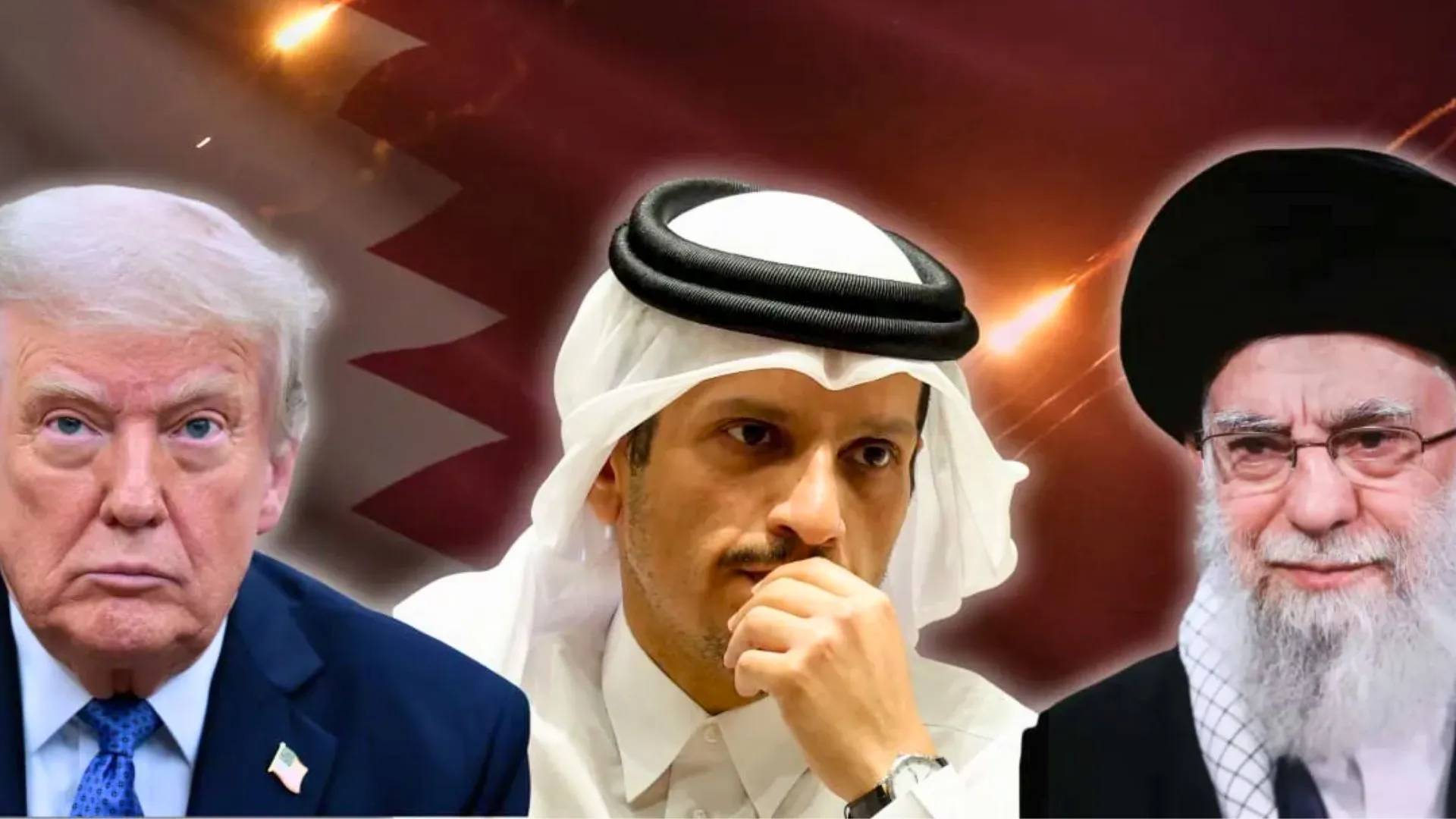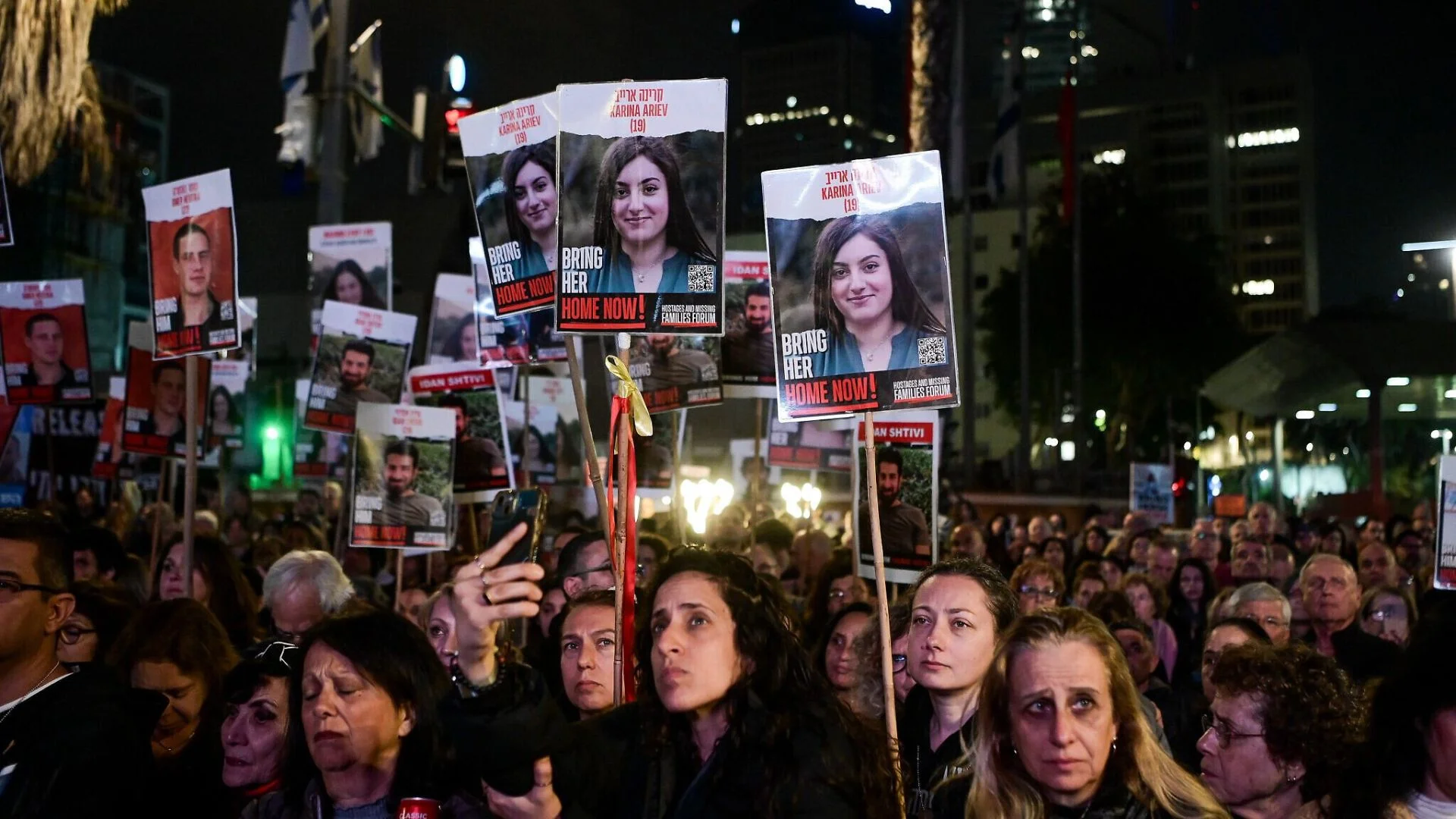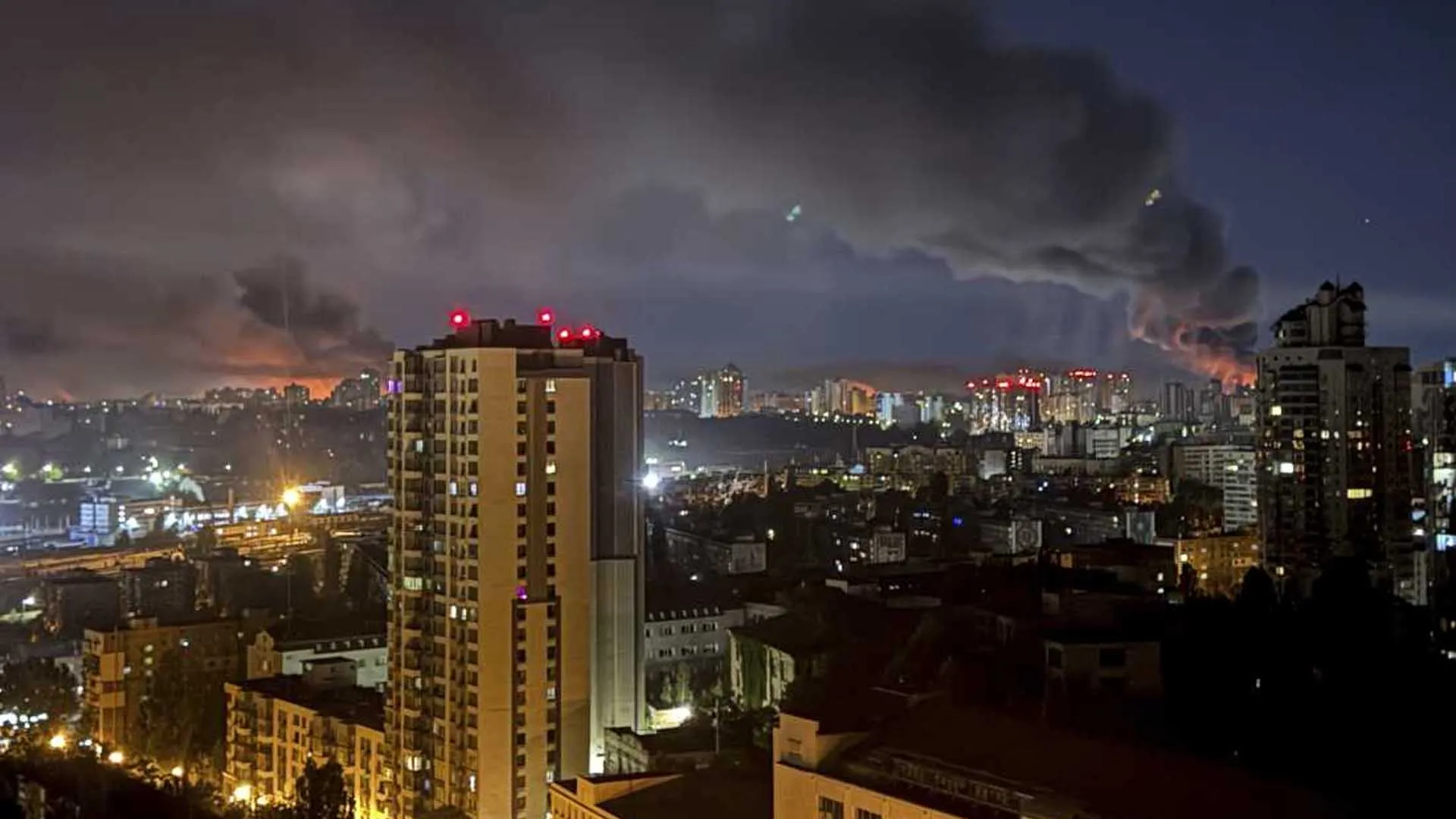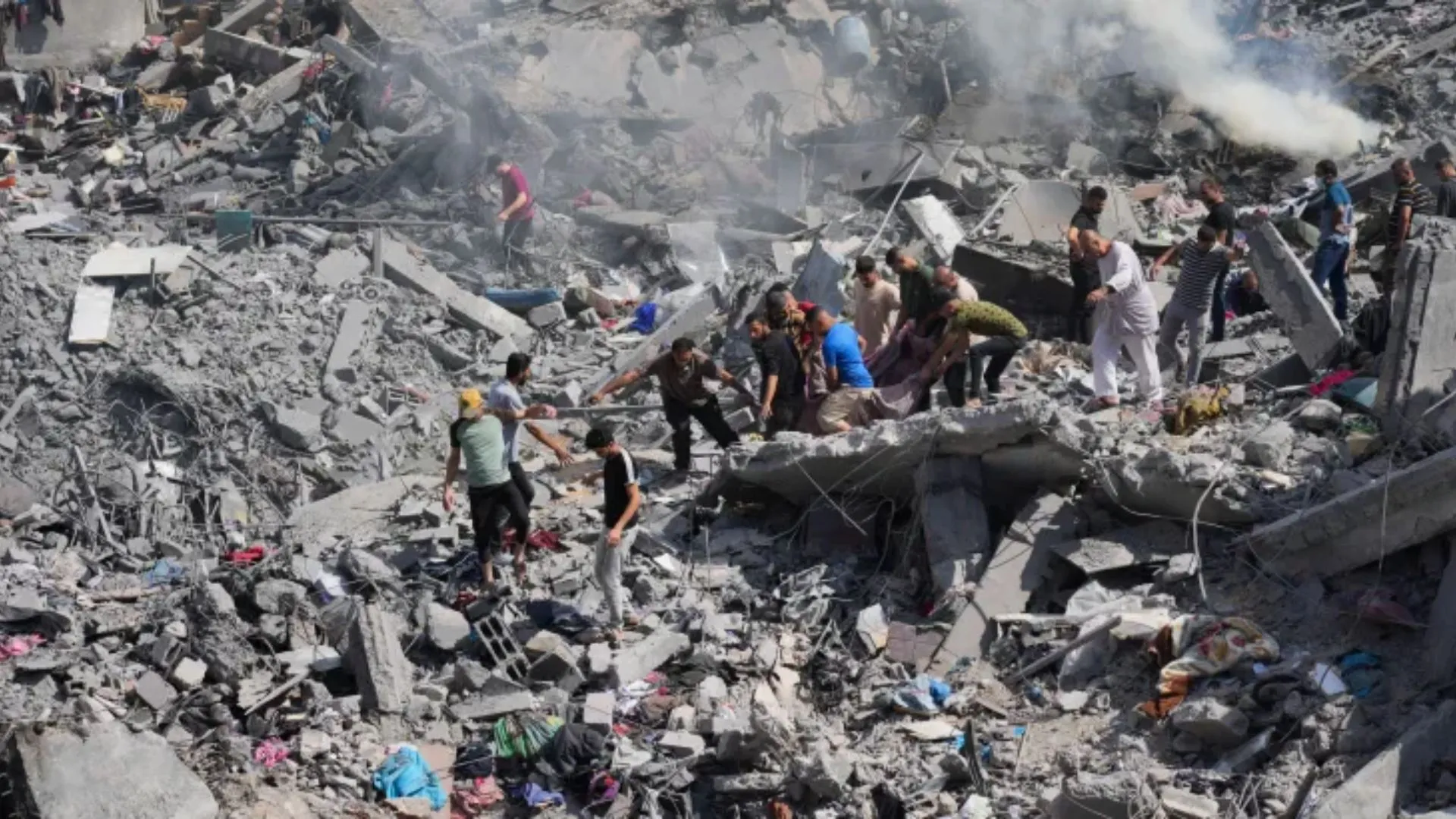Qatar’s traditional position as a Middle East conflict mediator was put to the test after an Iranian missile attack on a US military base in Qatar on June 24. The base, Al Udeid Air Base, is home to the forward headquarters of US Central Command. Iran’s attack was preceded by President Donald Trump’s announcement of a ceasefire between Iran and Israel.
The bombing, set in motion by Israeli and American bombing of Iranian nuclear facilities, has abruptly plunged Qatar into the thick of the war. The small Gulf state was said to have brokered the ceasefire. But its status as regional power broker is now called into question.
For decades, Qatar has employed diplomacy, the media, and military alliances to punch well above its weight. But as this strike illustrates, mediators’ status does not protect Qatar from the consequences of wars it attempts to broker.
Where Is Qatar—and Why Does It Matter?
Qatar is a small but rich nation on the Arabian Peninsula’s northeast coast. It borders Saudi Arabia on its single border. Qatar is smaller than the American state of Connecticut at slightly more than 11,500 square kilometres. Yet the country is among the wealthiest per capita due to its riches from liquefied natural gas exports.
Despite its size, Qatar hosts a large population—over 3.1 million. Nearly 88% of them are foreigners, mostly Indian nationals. Indians alone make up nearly 22% of the population, working across all sectors from healthcare to construction.
How Qatar Became a Regional Powerbroker?
Qatar’s influence rose under former Emir Sheikh Hamad bin Khalifa Al Thani. The turning point came in 1996 when the US established the Al Udeid Air Base.
Under Emir Sheikh Tamim bin Hamad Al Thani as the current one, Qatar has brokered some of the region’s conflicts. It was instrumental in the negotiations between the US and the Taliban, resulting in America’s withdrawal from Afghanistan in 2021. It has also brokered prisoner exchanges in the war between Russia and Ukraine.
Qatar has continually assisted in brokering talks between Israel and Hamas, particularly following the October 2023 attack. Doha was the host of Hamas’s political bureau for years. It also assisted in facilitating the release of Israeli hostages who were brought to Gaza. In addition to these, Qatar has brokered mediation in Lebanon, Yemen, Iraq, and Sudan.
Qatar’s Increasing Influence Came with a Price
Qatar’s increased influence had repercussions. Bigger neighbors such as Saudi Arabia and the UAE started viewing Qatar as a competitor. Its backing of the Arab Spring, such as supporting Egypt’s Muslim Brotherhood, infuriated Gulf monarchies.
This is what precipitated a 2017 diplomatic crisis. Saudi Arabia, the UAE, Egypt, and Bahrain severed relations and slapped a complete boycott. They accused Qatar of sponsoring terrorism and intervening in regional affairs. The boycott continued until 2021. Qatar’s sole land border with Saudi Arabia was shut down, and imports of vital items were blocked.
Al Jazeera: Qatar’s Voice—and a Flashpoint
In 1996, Qatar introduced Al Jazeera, an influential media instrument that extended international reach. Al Jazeera English followed in 2006. The channel became popular for amplifying opposition forces, particularly during the Arab Spring.
But this also put Qatar in the crosshairs. Critics accused the country of employing the media platform to advance regime change and amplify U.S. intelligence narratives. Qatar’s relationships with Iran and its outspoken positions pitted it against other Gulf states.
Iran Strike: A New Reality for Qatar
The missile attack in June 24 was the first time that Qatar was directly targeted during a regional conflict. It’s a turning point. Hosting American troops is no longer immune from attack. As Iran retaliates against American and Israeli aggression, even a neutral agent such as Qatar can be targeted.
Qatar’s approach of influence-through-mediation served it well to survive in a tumultuous region. But the latest attack could compel Doha to re-examine how it manages to juggle diplomacy, security, and survival.























